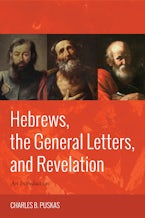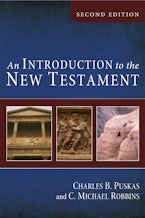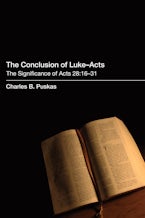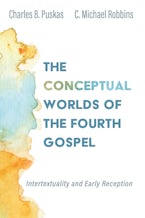Most New Testament (NT) introductions, because of page limitations and other reasons, tend to minimize their treatment of the last nine books of the Christian Bible (from Hebrews to Revelation).
The focus in these introductions is often on the four Gospels and the Letters of Paul. As important as these books are, one should not neglect, with only a brief survey, the treatment of Hebrews, the General Letters, and the book of Revelation. The title given later to the collection--Catholic Epistles or General Letters--is a reminder of its general appeal to the whole church, despite its slow "canonical" recognition and authorship issues. Nevertheless, these writings from Hebrews to Revelation continue to capture our attention and ignite our imagination.
My purpose for this book is to supplement my NT introduction and others like it with a focus on specific questions about each book from Hebrews to Revelation:
-When and why was each book written?
-By whom and to whom was each book written?
-What are some special features of each book?
-How soon (or late) was each book included in the NT collection?
Answers to many of these questions are tentative. The "assured results of scholarship" are in continual need of reevaluation. Since the 1980s a host of diverse studies have emerged, and I have endeavored to include them when they are relevant to the discussion.
Charles B. Puskas has extensive experience in university and seminary teaching, academic publishing, and parish ministry. He is the author of The Conclusion of Luke-Acts (Pickwick, 2009), An Introduction to the New Testament (2nd ed., with C. Michael Robbins; Cascade, 2011), and The Letters of Paul (2nd ed., with Mark Reasoner, 2013).
"Extraordinarily clear, graciously concise, and superbly competent, Charlie Puskas' Introduction is just the ticket for anyone making their way into the books collected at the end of the New Testament. The riches mined here make us wonder why these books suffer neglect in pulpit and classroom. Puskas points up the centrality of Hebrews through Revelation within the Christian canon and for the life of the church."
--Gene L. Green, Professor of New Testament, Coordinator, MA in Biblical Studies, Wheaton College and Graduate School





